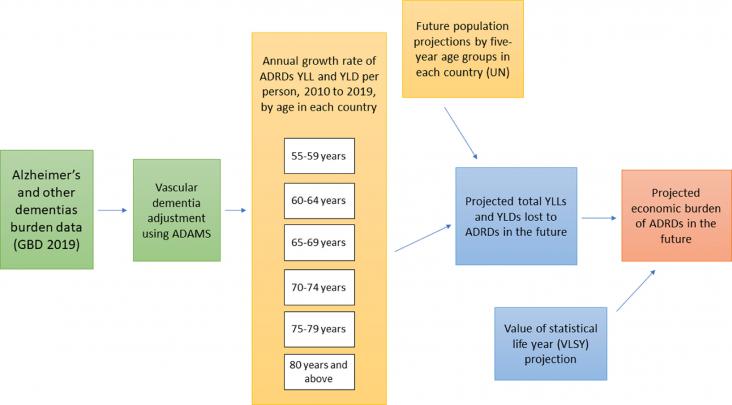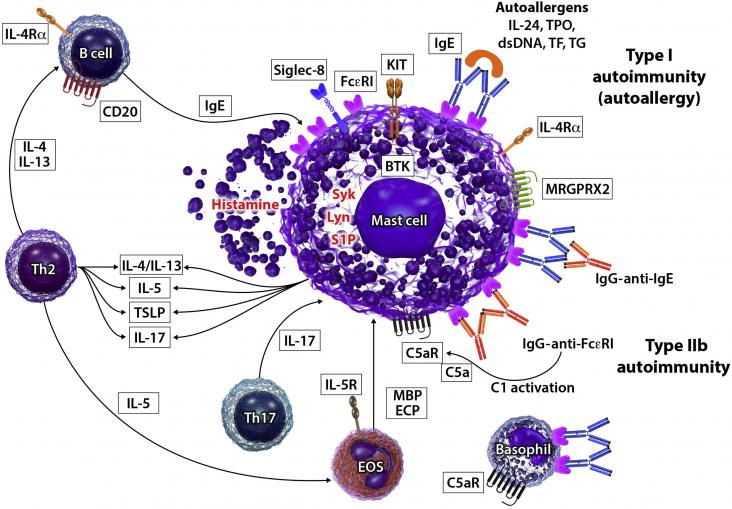This Article supports SDGs 3 and 5, focusing on the association between common urogenital infections and cervical neoplasia in a cohort of women.
This Article supports SDGs 3, 5, and 10 focusing on the religious and cultural aspects that influence Arab American women's perspectives on health-care in the USA.
This Editorial supports SDGs 3 and 5, exploring career-related challenges of childbearing and highlighting opportunities for radiologists in various career stages, so that they can make informed childbearing decisions.
This study analyzed the clinical characteristics of patients with HEV-induced hemolytic anemia, finding a strong association with G6PD deficiency. Vaccinating individuals with G6PD deficiency is crucial to reduce the risk of this condition, aligning with the goal of ensuring good health and well-being for patients with hepatitis

An article on the economic burden of Alzheimer's disease and related dementias, in the context of SDG 3, focusing specifically on the global, regional, and national estimates from 2019 to 2050.
This Series paper supports SDG 3 and 11 by assessing policy frameworks for city planning for 25 cities across 19 countries to identify whether these policies support the creation of healthy and sustainable cities.
This Series paper supports SDG 3 and 11 by identifying the minimum thresholds for urban design and transport features associated with two physical activity criteria: at least 80% probability of engaging in any walking for transport and WHO's target of at least 15% relative reduction in insufficient physical activity through walking.
This Series paper supports SDG 3 and 11 by presenting an expanded framework of pathways through which city planning affects health, incorporating 11 integrated urban system policies and 11 integrated urban and transport interventions addressing current and emerging issues.

Chronic spontaneous urticaria (CSU) is a debilitating mast cell-driven disease characterized by recurrent wheals and/or angioedema. Type IIb autoimmune CSU is mediated by autoantibodies that activate mast cells and is present in less than 10% of patients with CSU
The paper supports SDG3, 11 and 15 by discussing the air pollution and the study will assist urban planners, policymakers, and health sectors.
